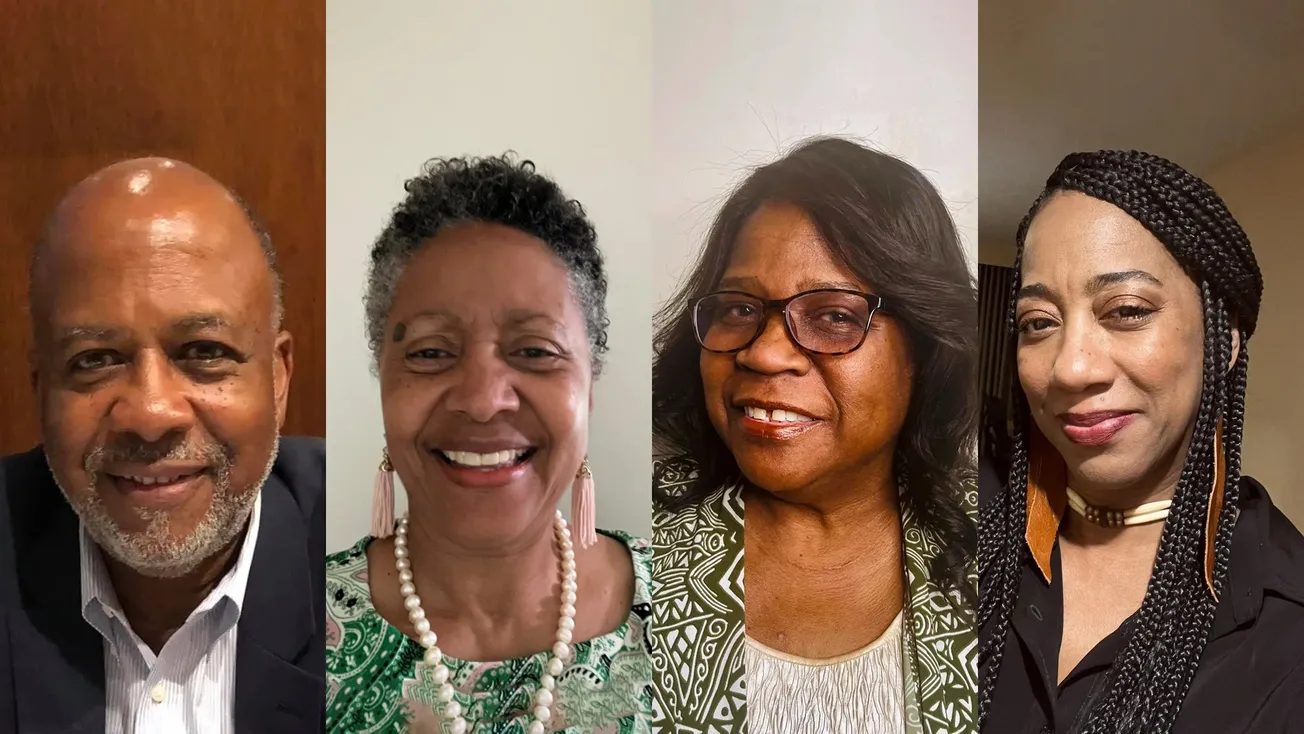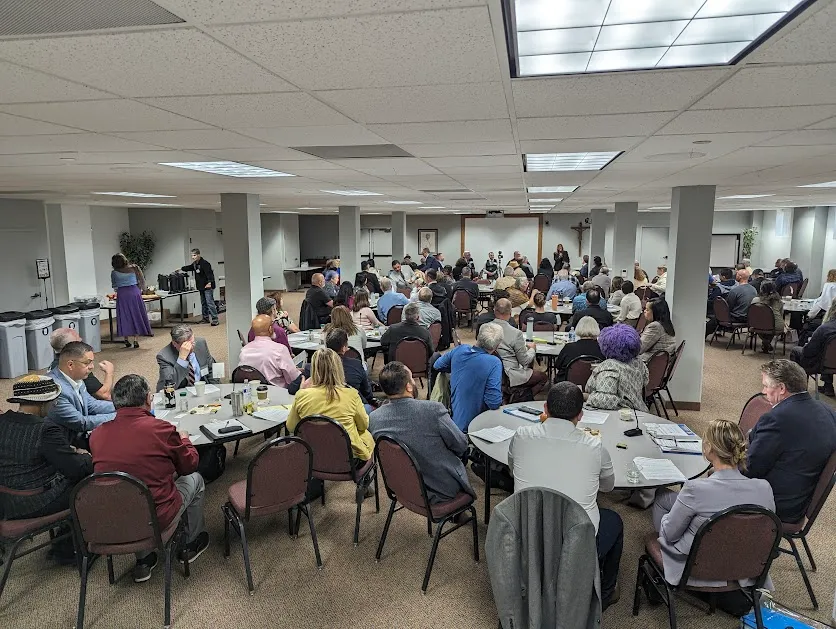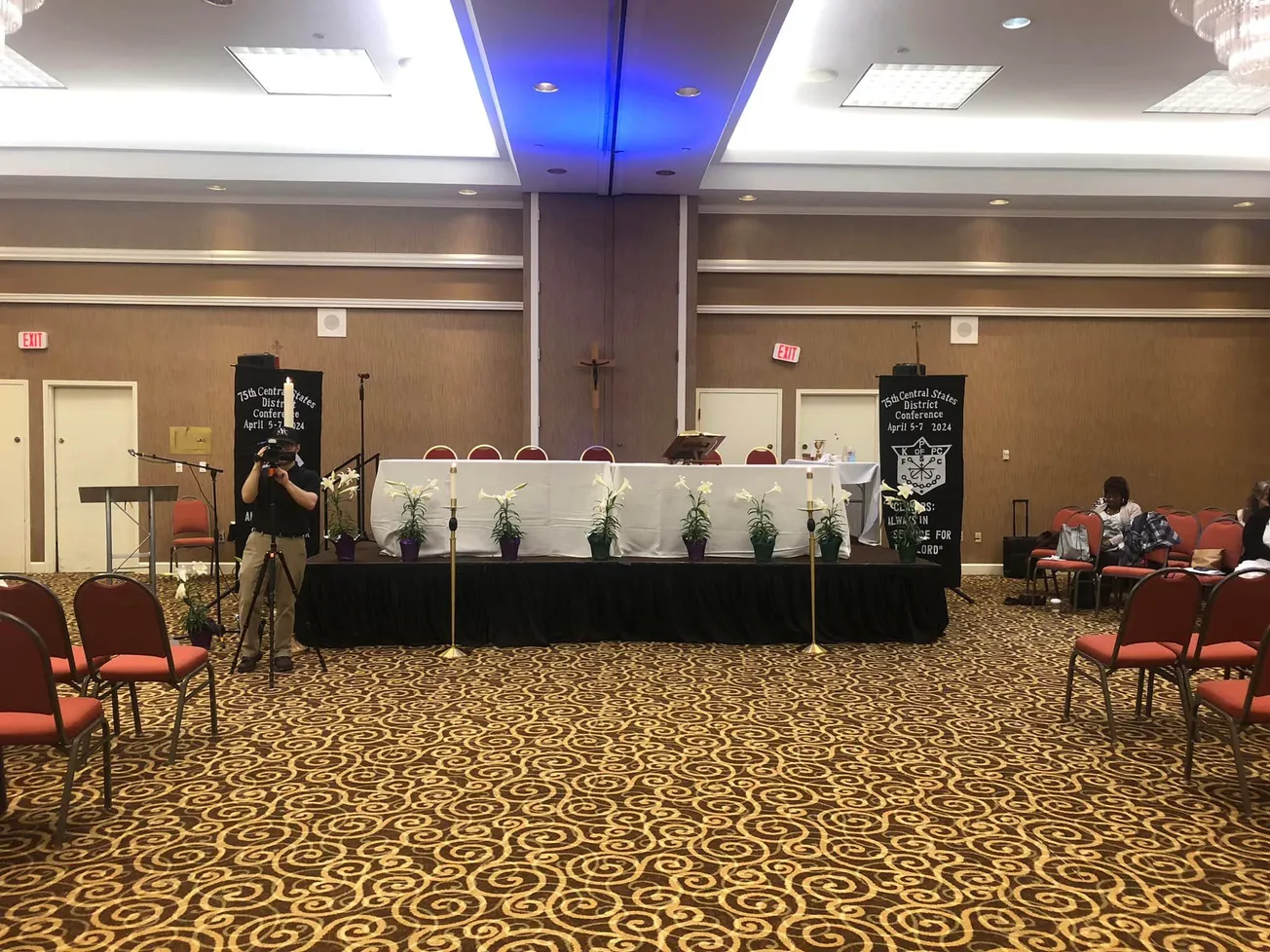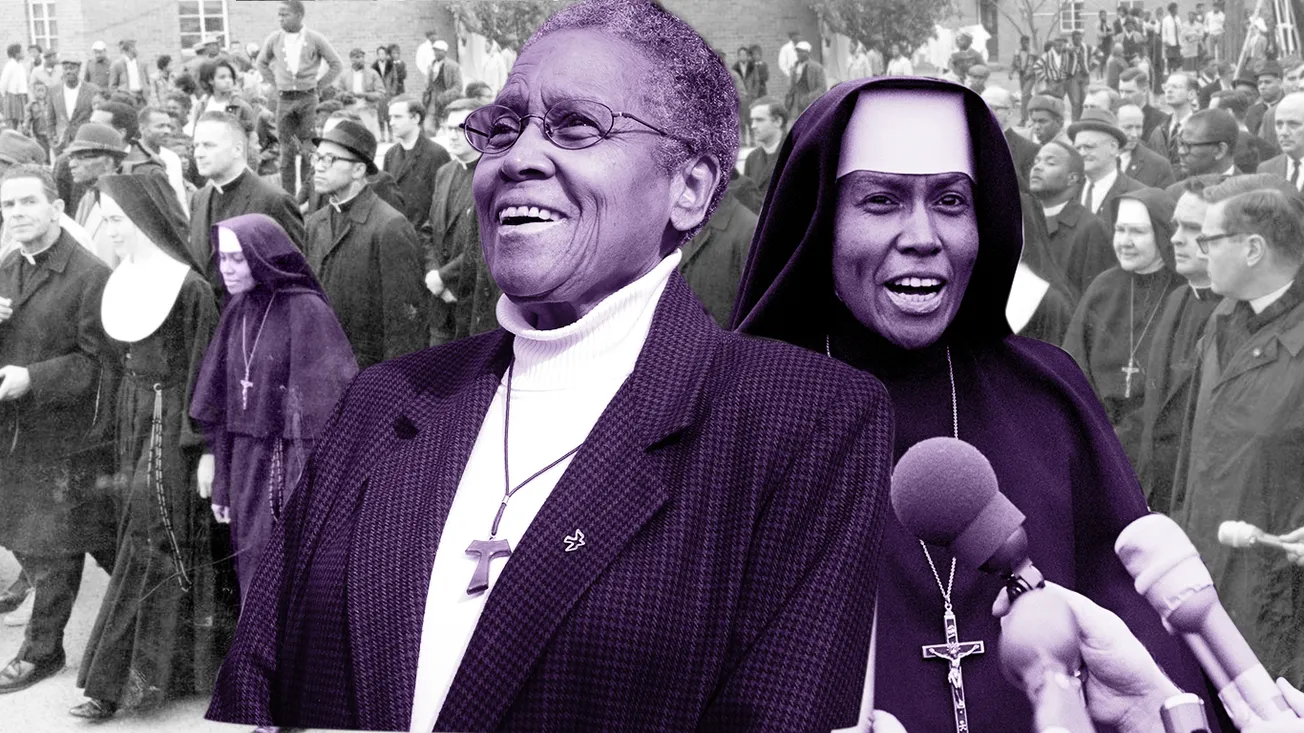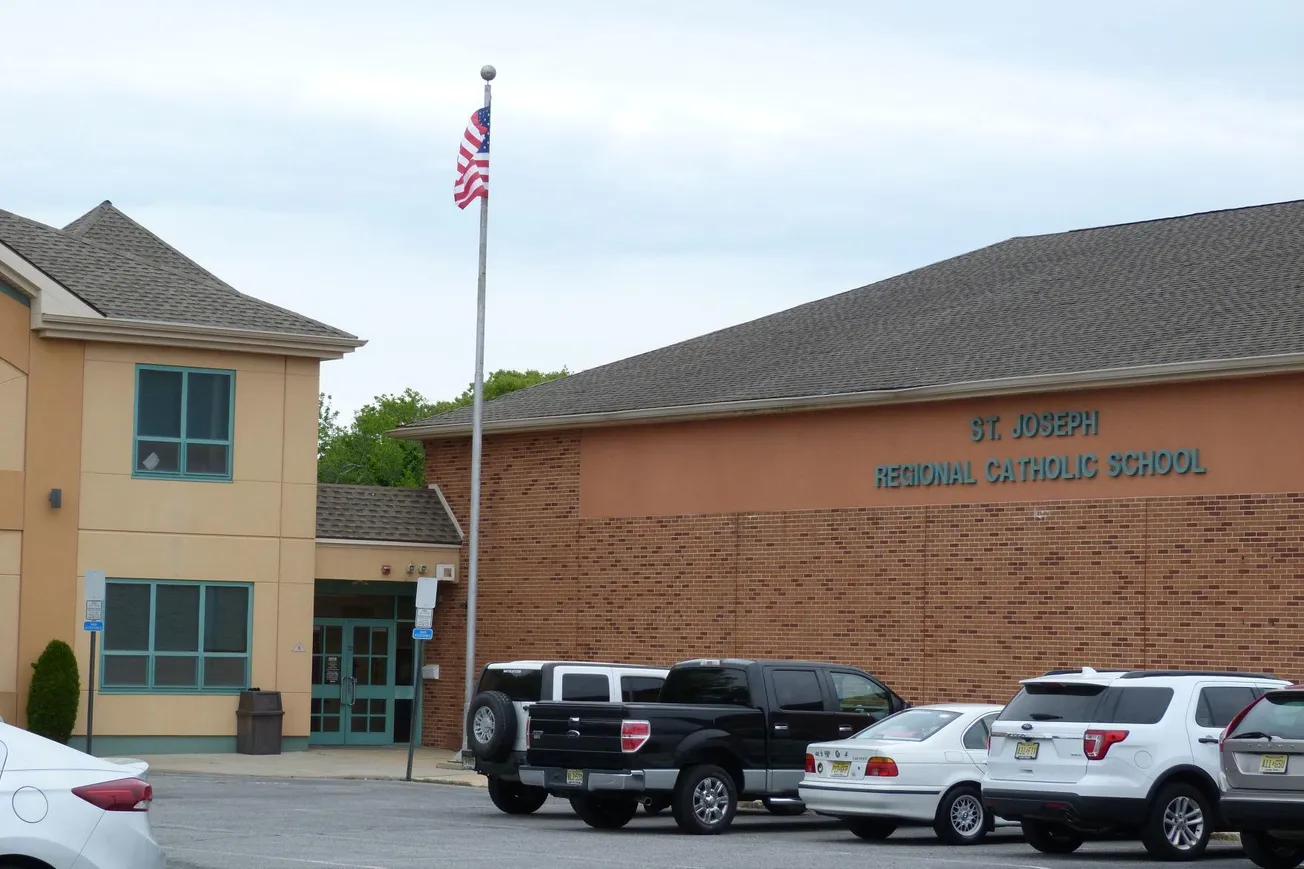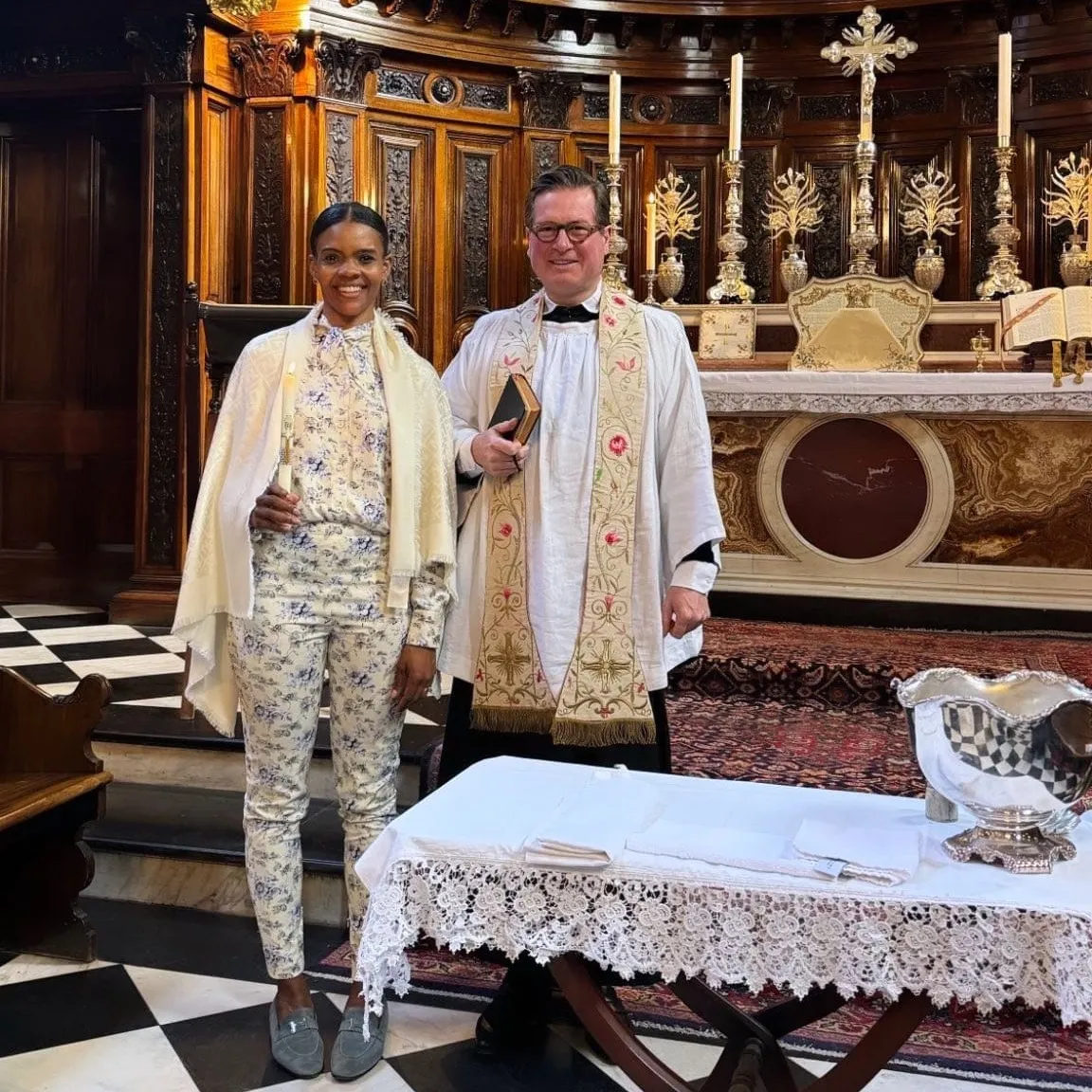Descendants of African Americans enslaved by the Maryland Jesuits will make history this Labor Day weekend, gathering for the first time as a national community in Southern Maryland—where their ancestors were held in bondage by the world’s largest Catholic religious order.
The organizers, known as “The Reclamation Project,” will host their Southern Maryland GU272 Jesuit Enslaved Descendant Gathering from August 31 to September 3 at various locales in the region, including the historic churches and plantations associated with both the genesis of the U.S. Catholic Church and the earliest American Catholic slaveholders.
“We in southern Maryland connect to the GU272. We lost family in that horrible sale by the Jesuits to save a floundering Georgetown,” said Julie Hawkins Ennis, one of the Reclamation Project leaders, referring to the 272 African Americans infamously sold by the Maryland Jesuits in 1838.
“My committee and I received a grant from Georgetown to bring these families back together.”
The Reclamation Project was one of the inaugural recipients of a grant this spring from the Georgetown Reconciliation Fund, a crowdfunded initiative established by the university in 2022 to support projects benefiting descendants of those enslaved by the Maryland Jesuits. The order is known to have owned more than 300 African Americans at the peak of its slaveholding in the state, and thousands of descendants are still living today.
In addition to hosting descendant gatherings, the Reclamation Project aims to assist the GU272 Descendants Association in locating others in the descendant community who have not yet been identified. More than 150 participants have already registered for this year’s event in Maryland.
“The Reclamation Project's gathering is a first-ever reunion in Southern Maryland designed to connect families fractured by the 1838 forceable sale… to privately owned plantations in Ascension, Iberville, and Terrebonne Parishes in Louisiana,” the organization said in a July statement.
“Others were lost through additional domestic sales in other parts of Louisiana, Alabama, Illinois, Kentucky, and Missouri.”
The Southern Maryland gathering will include paid bus tours on Thursday of Port Tobbaco’s St. Ignatius Church and St. Thomas Manor—the seat of the first U.S. Catholic diocese and the oldest continually occupied Jesuit house in the world—and Sacred Heart Church in Bowie, where the first U.S. bishop, John Carroll, was successfully nominated for the post. Friday will include tours of St. Ignatius Church in St. Inigoes, Maryland, as well as St. Francis Xavier Church and Newton Manor in Compton, the oldest Catholic church originating in the 13 Colonies. Notably, each of the stops on the tour was also the site of a slave plantation.
Saturday will feature history presentations and descendant fellowship activities at a location to be announced, and Sunday will close the weekend with a Mass of Remembrance and Restoration at St. Peter Claver Catholic Church in St. Inigoes, a local Black parish also connected to the history of the Jesuits and slaveholding. A pre-Labor Day festival will follow with the descendants community.
While the events on Thursday and Friday are intended for descendants and their immediate families, Saturday’s Come-Unity program at 10am ET is also open to “genealogists, extended family, faculty, and students.” Registration is available online with a deadline of Friday, August 25. Sunday’s 10am Mass is open to all.
The Maryland gathering is in some ways the culmination of decades of research and reckoning, brought to the national fore with the public revelation of the GU272 slave sale in 2016 by Rachel L. Swarns of the New York Times. Since then, the descendants community and the Jesuits alike have worked to make the history of the GU272 more well-known, as well as to create a sense of restoration for those affected by the intersection of Catholicism and chattel slavery.
“As Descendants of Jesuit Enslaved Ancestors, we are building the future that our ancestors envisioned,” said Henrietta Pike, chairperson of the Southern Maryland Descendant Gathering Steering Committee.
“This project will help us pass on our rich legacy of family and faith.”
Nate Tinner-Williams is co-founder and editor of Black Catholic Messenger.



